Introduction
Sensitive skin is becoming increasingly common, with more people experiencing discomfort and irritation from various environmental factors. Protecting sensitive skin from the sun's harmful rays is crucial to prevent further damage and irritation. While chemical and mineral sunscreens offer protection, understanding their differences is essential for choosing the best option for your skin.
Mineral sunscreen, made with zinc oxide and titanium dioxide, provides a physical barrier against the sun's harmful rays. Unlike chemical sunscreens, which absorb UV rays, mineral sunscreen sits on top of the skin, reflecting and scattering them.
Understanding Sensitive Skin
Sensitive skin is characterized by its reactivity to external stimuli. It often feels tight, dry, and can easily become irritated or inflamed. Common symptoms include redness, itching, burning, and stinging. Individuals with sensitive skin may also experience fluctuations in skin sensitivity depending on various factors.
Common concerns associated with sensitive skin include dryness, eczema, rosacea, and allergic reactions. These conditions can exacerbate the skin's sensitivity and make it more susceptible to damage.
Sun exposure is particularly harmful to sensitive skin. The sun's ultraviolet (UV) rays can penetrate the skin's protective barrier, leading to inflammation, premature aging, and an increased risk of skin cancer. Protecting sensitive skin with mineral sunscreen is essential to shield it from these damaging effects.
The Benefits of Mineral Sunscreen
Mineral sunscreen offers several advantages, particularly for those with sensitive skin. It acts as a physical barrier, sitting on top of the skin to deflect the sun's harmful rays rather than absorbing them. This mechanism makes it less likely to irritate sensitive skin.
Key ingredients in mineral sunscreen are zinc oxide and titanium dioxide. Zinc oxide also has anti-inflammatory properties, which can soothe irritated skin. It protects from UVA and UVB rays.
Due to its gentle nature, mineral sunscreen is highly compatible with sensitive skin. It is less likely to trigger allergic reactions or cause breakouts. Also, mineral sunscreen often provides immediate protection upon application, unlike some chemical sunscreens requiring activation time.
Choosing the Right Mineral Sunscreen
Selecting the appropriate mineral sunscreen is crucial for optimal protection and skin health. Several factors should be considered when making a choice. Look for a mineral sunscreen with a broad-spectrum SPF of 30 or higher to ensure protection against both UVA and UVB rays. Consider your skin type, whether it's dry, oily, or combination, to find a formula that suits your needs. For example, mineral sunscreen for oily skin dermatologist recommended often includes lightweight and oil-free options.
To apply mineral sunscreen effectively, follow these tips:
1. Generous application: Use approximately one ounce (about a shot glass full) of sunscreen for your entire body.
2. Even distribution: Apply sunscreen evenly to all exposed skin, including your face, neck, ears, and hands.
3. Reapplication: Apply every two hours or more frequently if you are sweating.
4. Waiting period: Allow the sunscreen to absorb into the skin for a few minutes before going outdoors.
Common misconceptions about mineral sunscreen include the belief that it leaves a white cast and provides less protection than chemical sunscreen. While some older mineral sunscreens might have caused a white cast, modern formulations are often transparent or lightly tinted. Mineral sunscreen offers equally effective protection against UV rays when applied correctly.
Mineral Sunscreen vs. Chemical Sunscreen
Mineral sunscreen
1. Mineral sunscreen, containing zinc oxide and titanium dioxide, creates a physical barrier on the skin, reflecting and scattering UV rays.
2. Mineral sunscreen is often preferred for sensitive skin due to its gentle nature. So, it doesn’t irritate or cause allergic reactions on your skin.
3. The physical barrier it creates provides immediate protection upon application, making it suitable for those with skin conditions like eczema or rosacea.
4. Mineral sunscreen is generally preferred for sensitive skin because it doesn't irritate your skin.
Chemical Sunscreen:
1. Chemical sunscreen, on the other hand, absorbs UV rays and converts them into heat, which is then released from the body.
2. Chemical sunscreen can be a suitable option for individuals with oily skin.
3. Chemical sunscreens can contain ingredients that trigger allergic reactions or skin irritation in individuals with sensitive skin.
4. Chemical sunscreens need time to absorb into the skin before providing protection, leaving sensitive skin exposed during this period.
Conclusion
Mineral sunscreen offers numerous benefits for individuals with sensitive skin. Its physical barrier protects against harmful UV rays without irritating delicate skin. By understanding the difference between mineral sunscreen and sunblock, individuals can make informed choices to safeguard their skin's health. Prioritizing sun protection with mineral sunscreen is essential for maintaining a healthy and comfortable complexion.



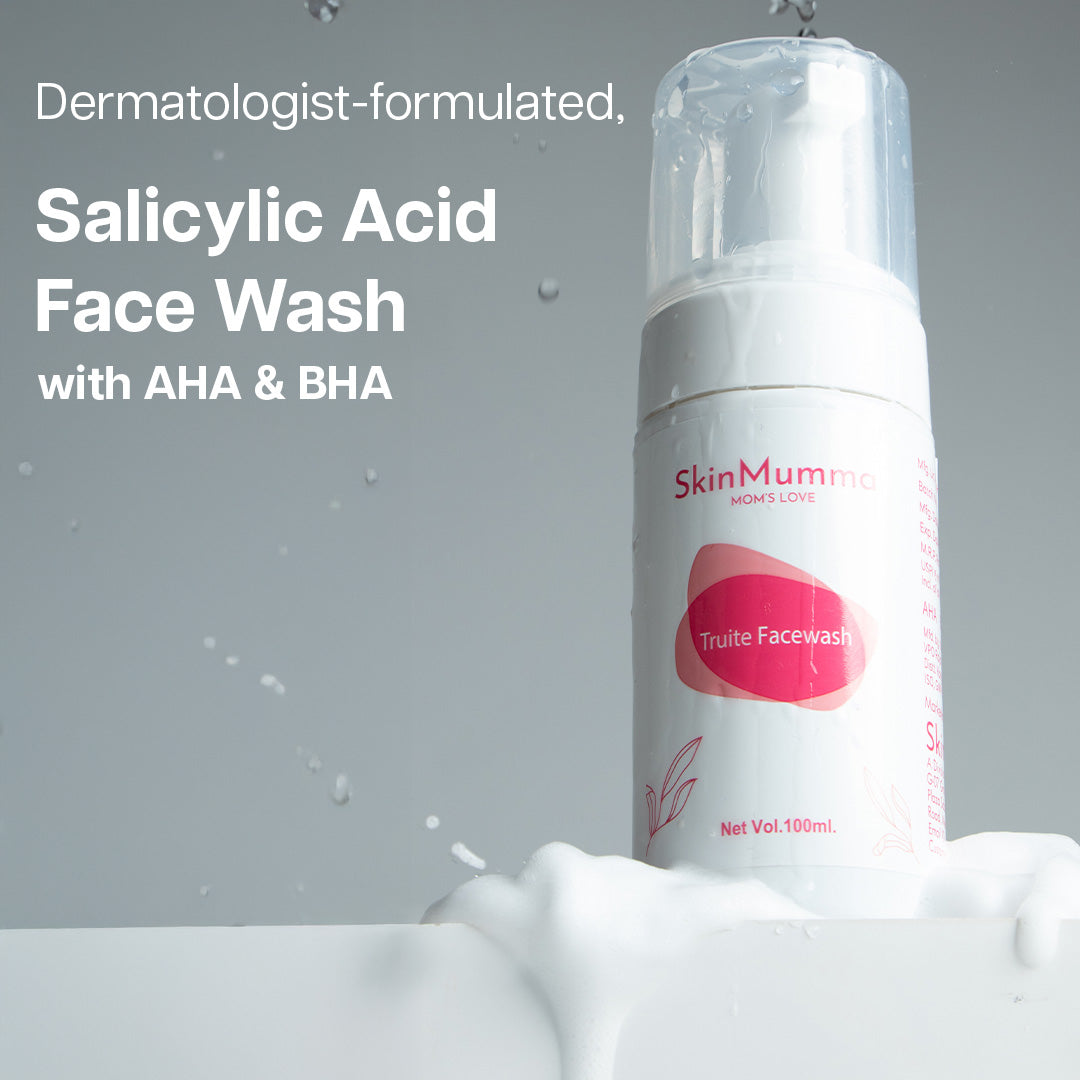
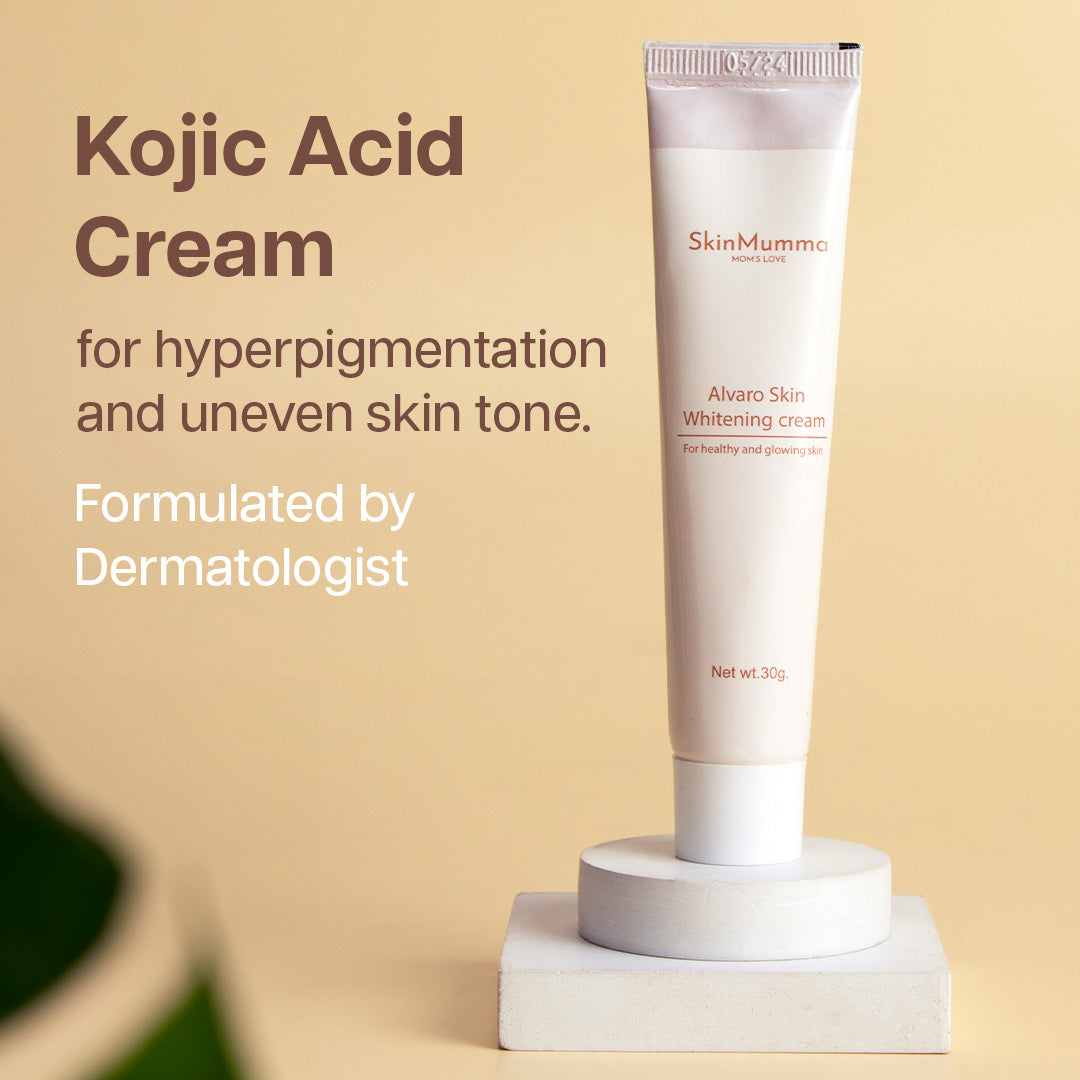
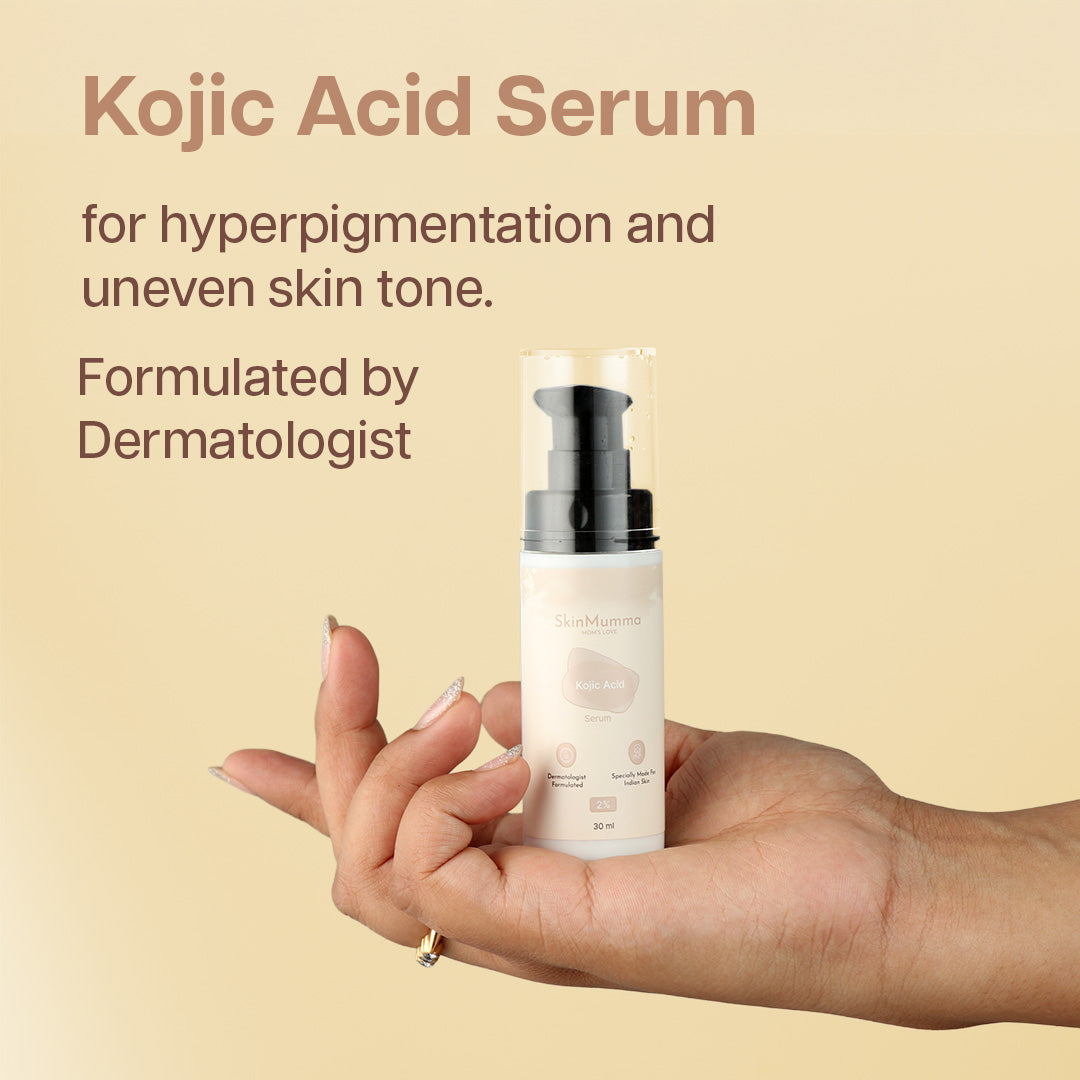
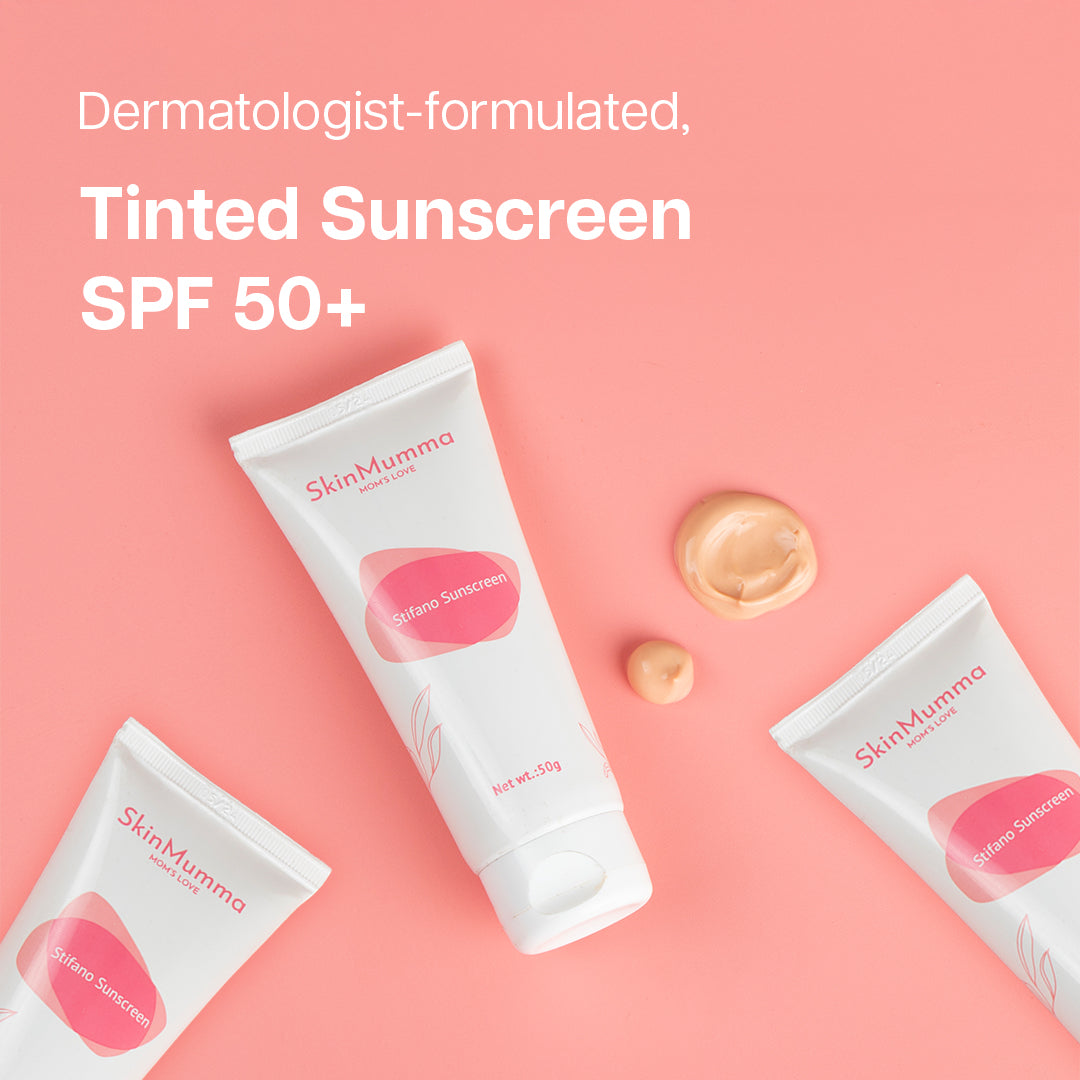
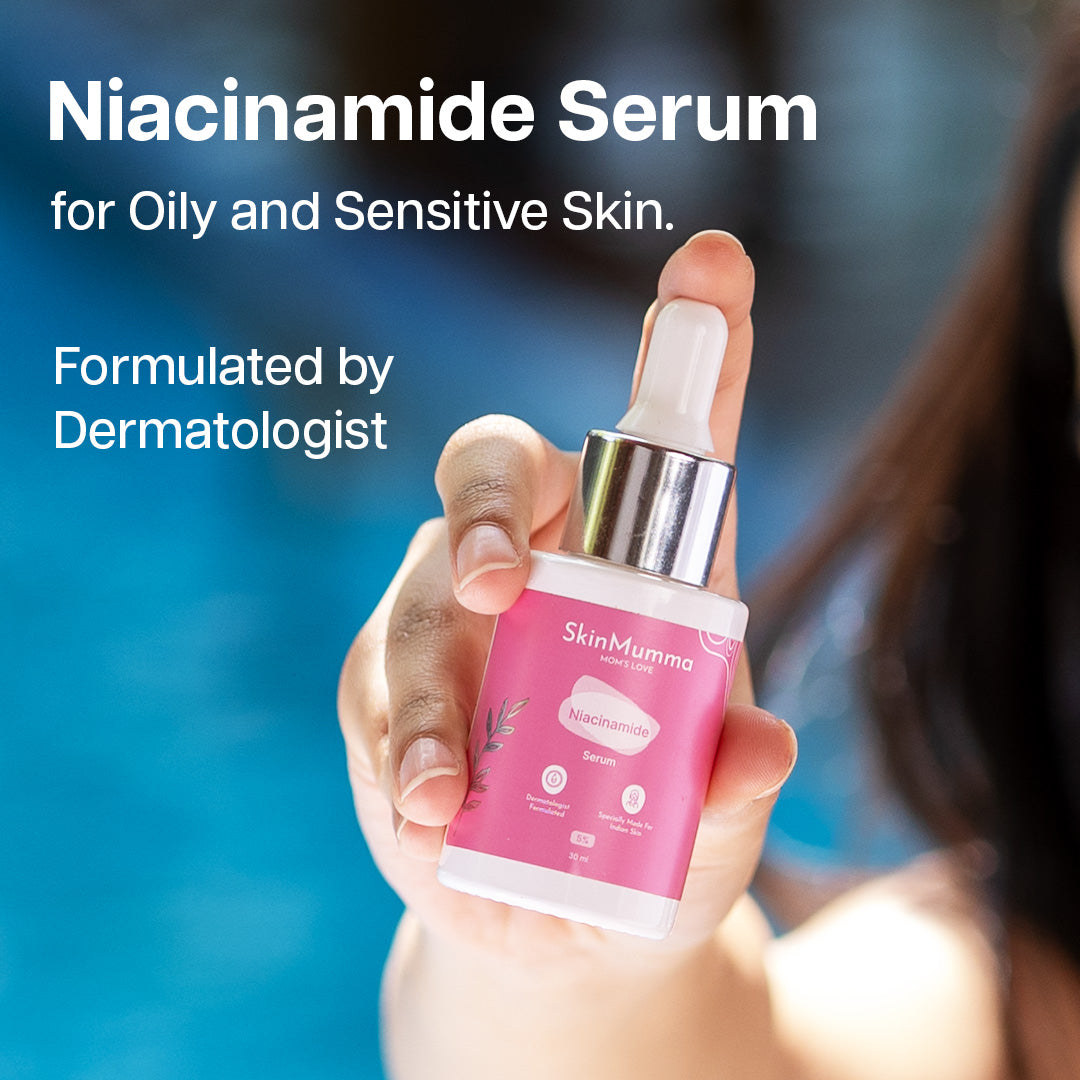
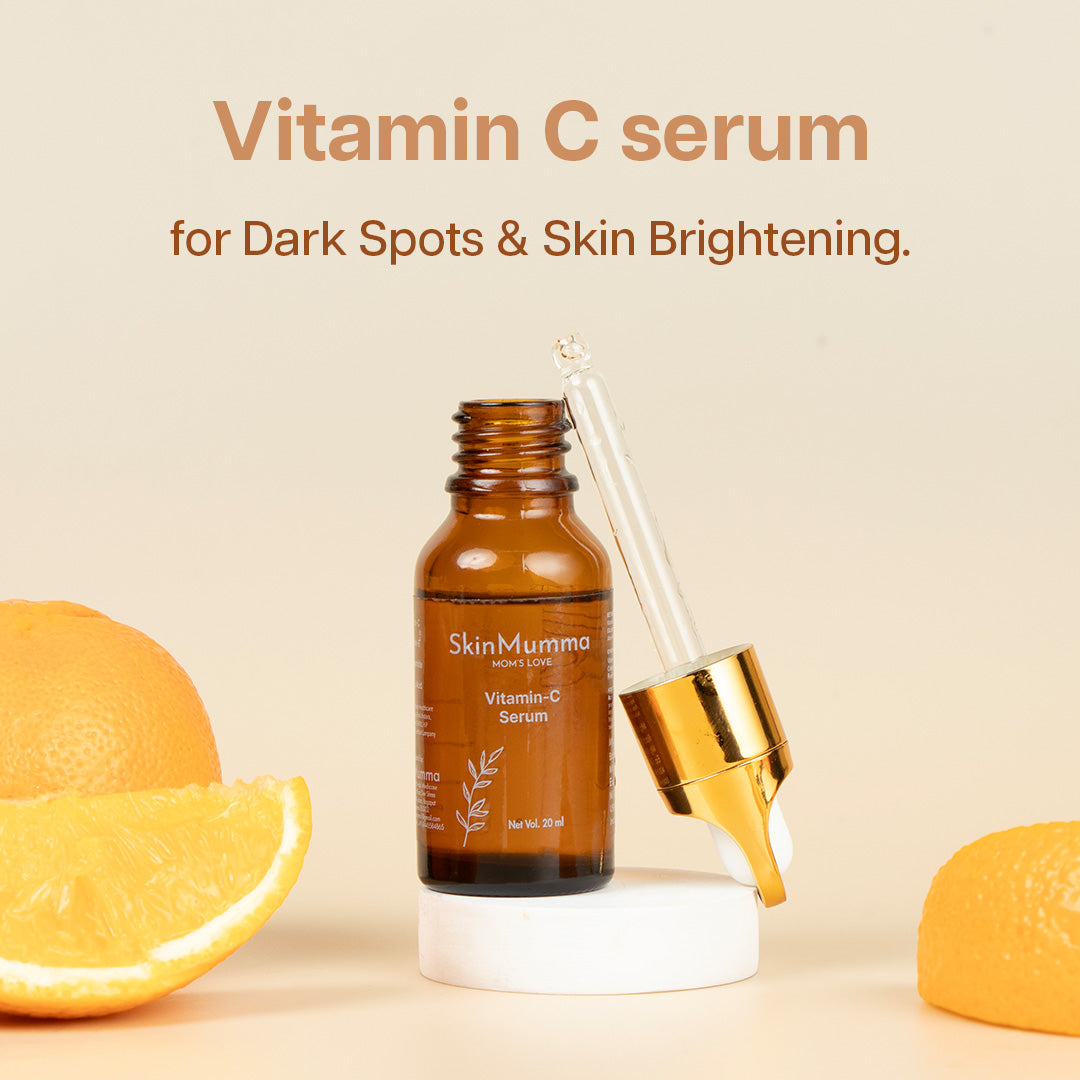




Dr Manisha Bindal is the senior dermatologist and laser skin expert with more than 25 yrs of experience in clinical practice. She has to her credit various advanced skin care procedures and Laser skin treatment protocols including chemical peels, fillers, threads and injections. You can trust the expert hands for any skin or hair related problems or any procedure if need be.